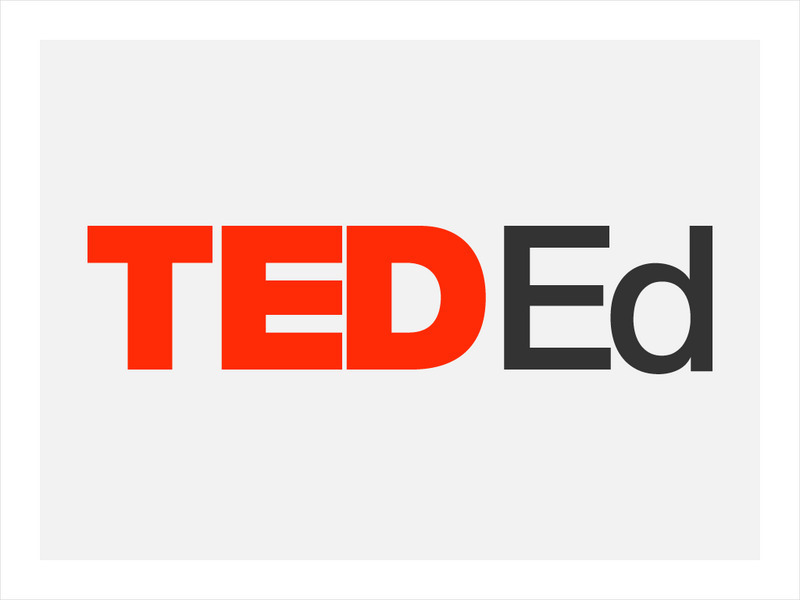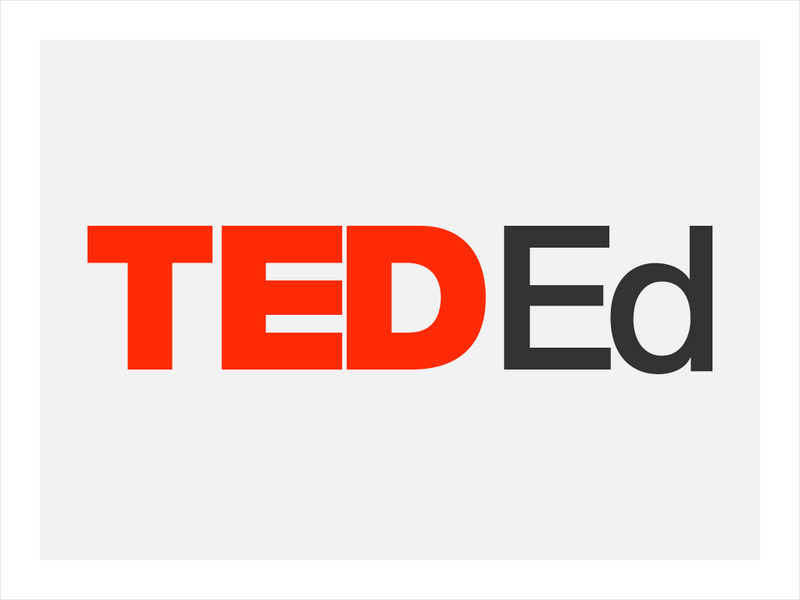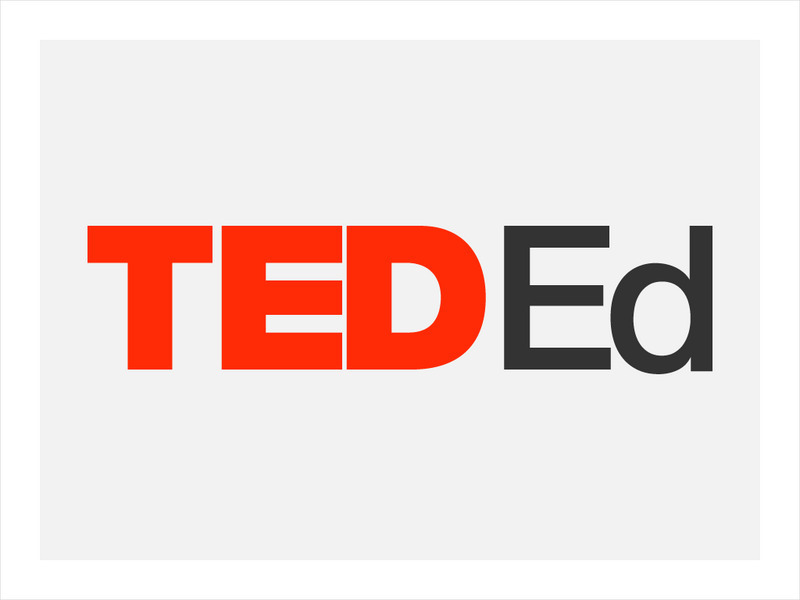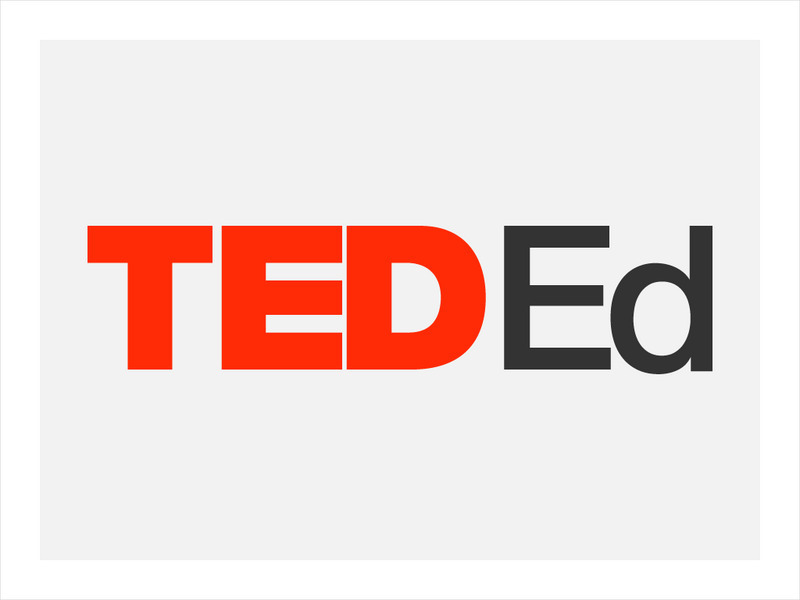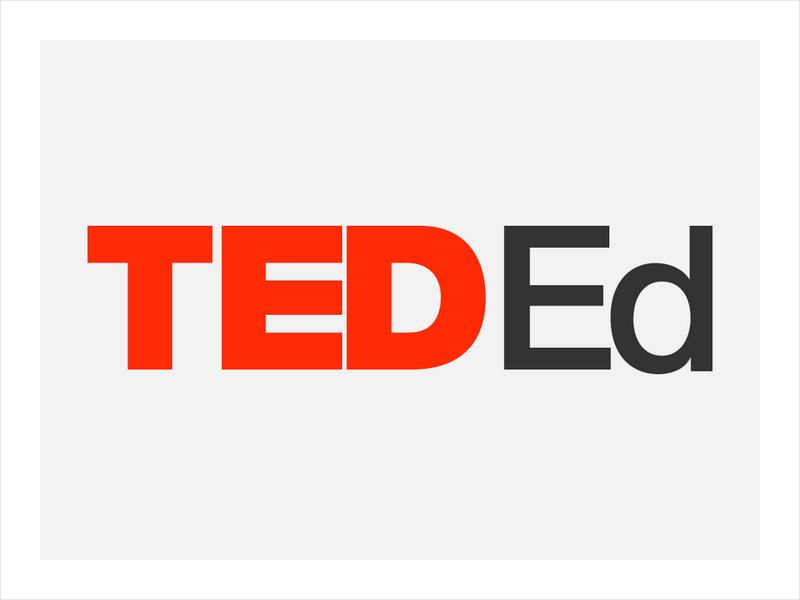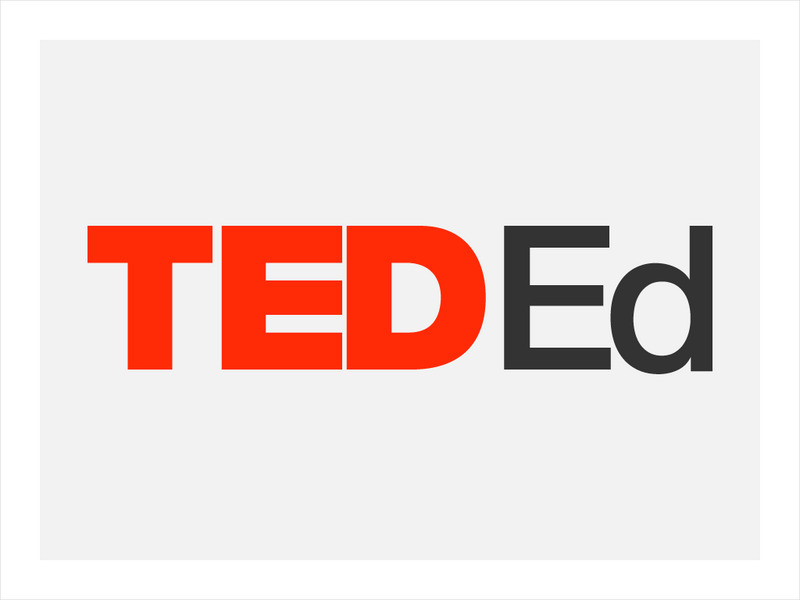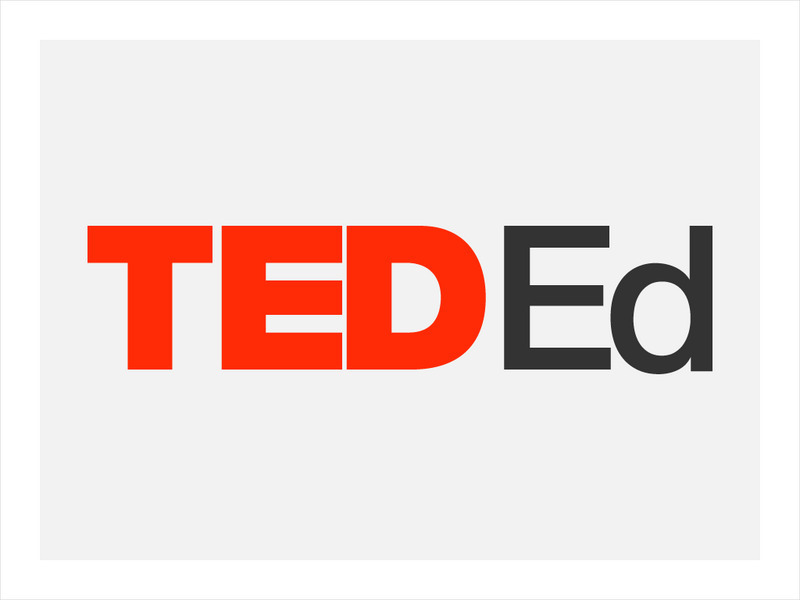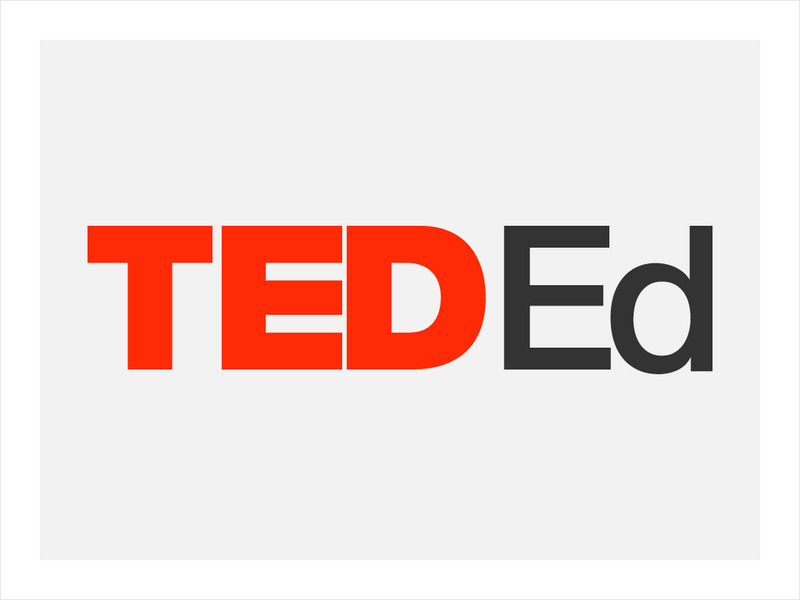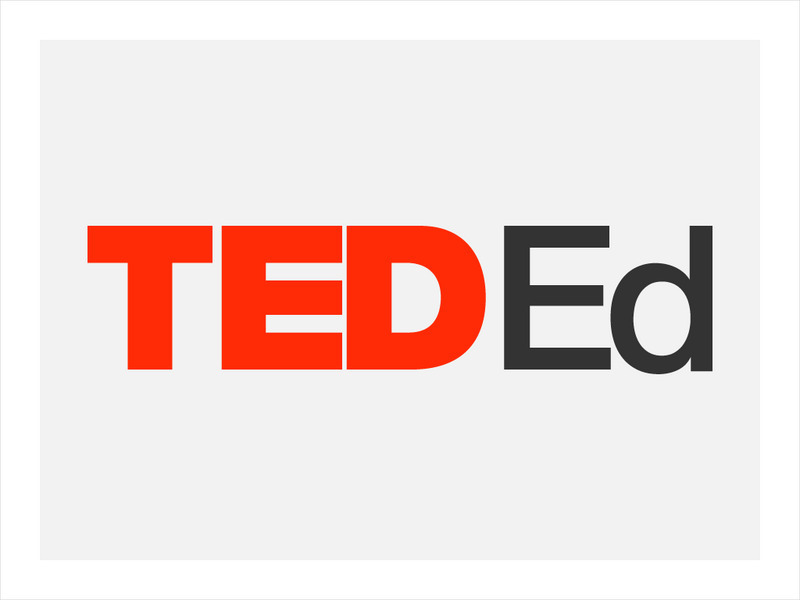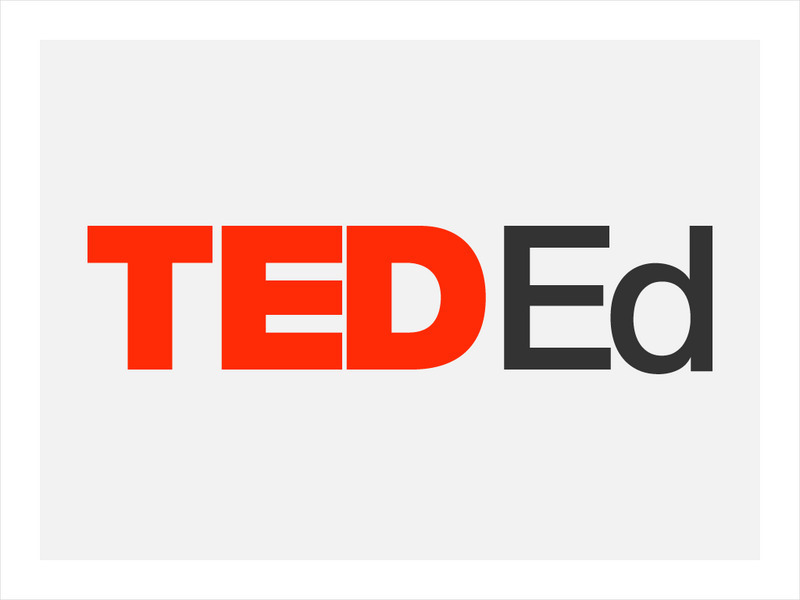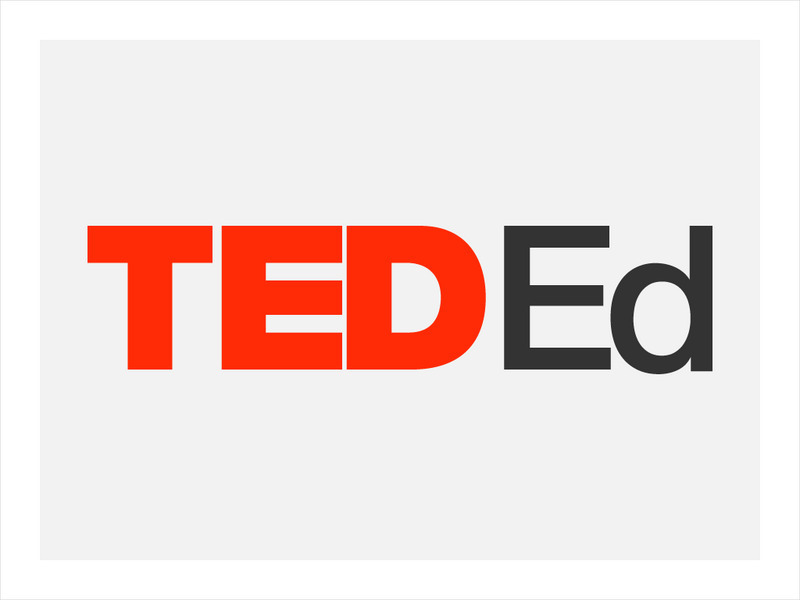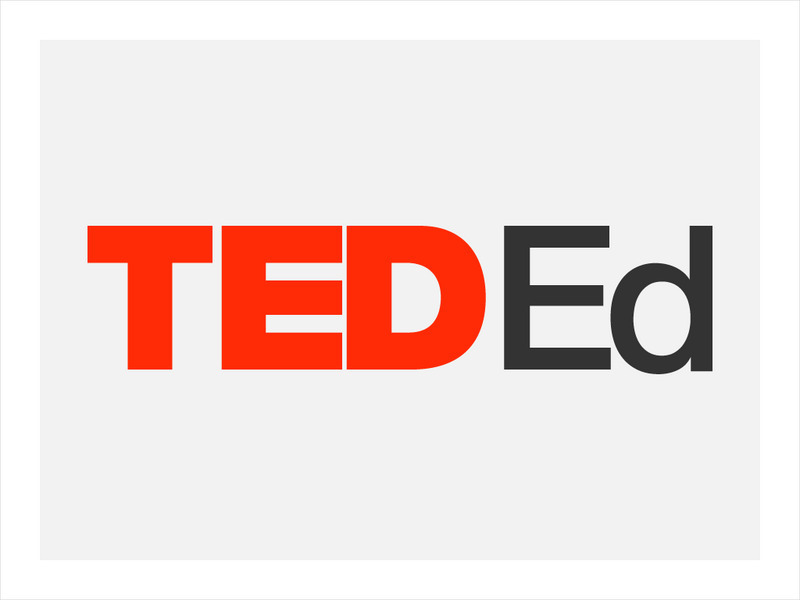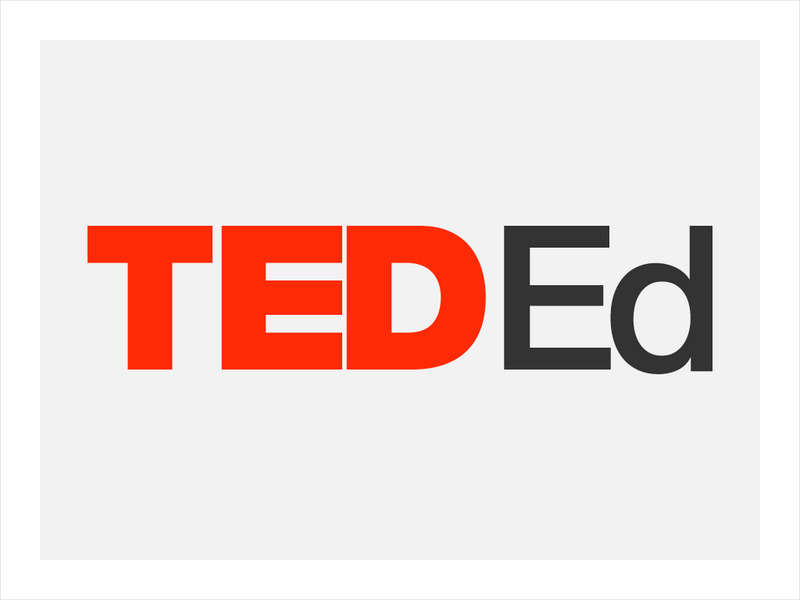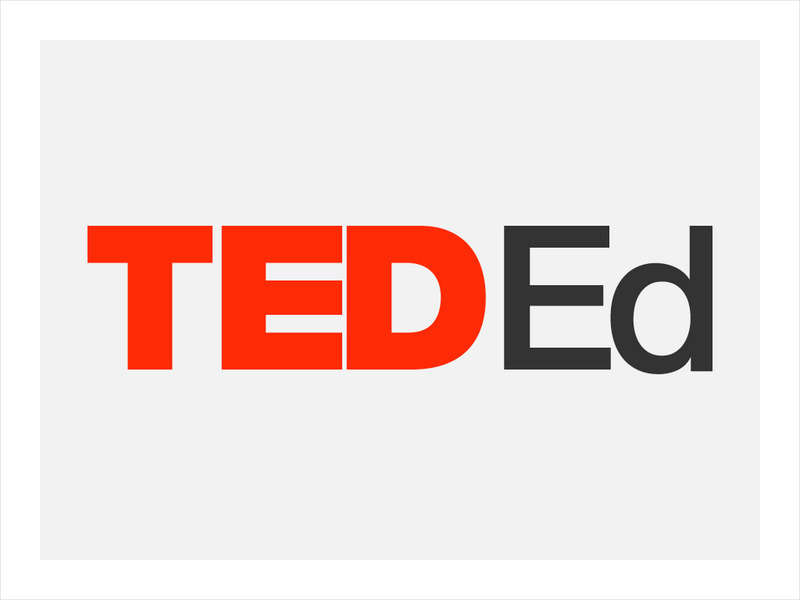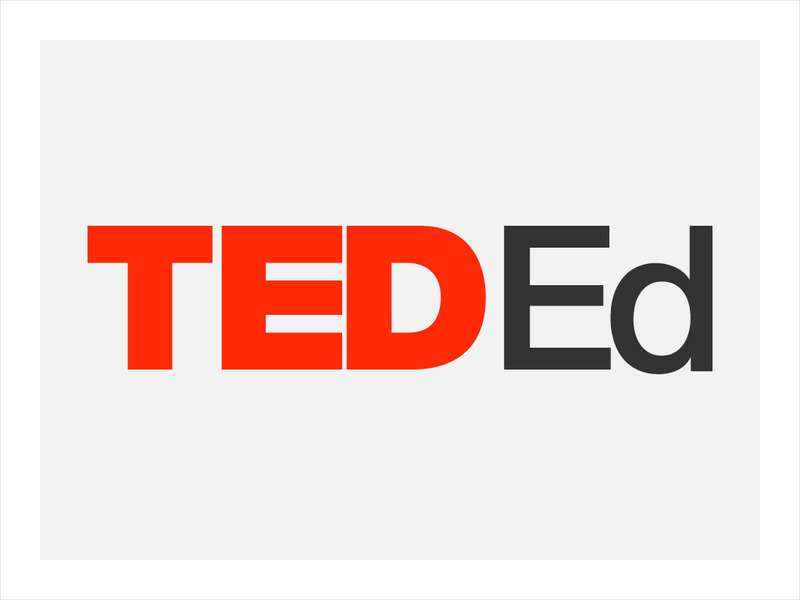TED Talks
Ted: Ted Ed: Harry Potter and the Translator's Nightmare
How would you translate 'Hogwarts' or 'Diagon Alley' or even 'Harry Potter'? Vox explains some of the very specific pitfalls of trying to translate J.K. Rowling's Harry Potter series. [5:54]
TED Talks
Ted: Ted Ed: Are You a Classical or Romantic Voter?
We're used to splitting voters into right and left camps, but might there be a more fruitful division between 'classical' and 'romantic' voters? Which one are you? [6:18]
TED Talks
Ted: Ted Ed: One of the Most Difficult Words to Translate
As simple as it seems, it's often impossible to accurately translate the word "you" without knowing a lot more about the situation where it's being said. Krystian Aparta describes the specific reasons why it can be difficult, citing...
TED Talks
Ted: Ted Ed: Why Are Bad Words Bad?
If bad words are taboo, why do they make up such a significant part of our daily conversations? And where do they come from, anyway? Vsauce explains what makes bad words so - bad. [10:46]
TED Talks
Ted: Ted Ed: Your Words May Predict Your Future Mental Health
Can the way you speak and write today predict your future mental state, even the onset of psychosis? In this fascinating talk, neuroscientist Mariano Sigman reflects on ancient Greece and the origins of introspection to investigate how...
TED Talks
Ted: Ted Ed: What Makes Something "Kafkaesque"?
The term Kafkaesque has entered the vernacular to describe unnecessarily complicated and frustrating experiences, especially with bureaucracy. But does standing in a long line to fill out confusing paperwork really capture the richness...
TED Talks
Ted: Ted Ed: How Interpreters Juggle Two Languages at Once
Language is complex, and when abstract or nuanced concepts get lost in translation, the consequences may be catastrophic. Given the complexities of language and cultural exchange, how do these epic miscommunications not happen all the...
TED Talks
Ted: Ted Ed: Who Is Sherlock Holmes?
Who exactly is Sherlock Holmes? Who's the real "great detective," and where do we find him? Neil McCaw traces the evolution of Sherlock. [4:53]
TED Talks
Ted: Ted Ed: How Miscommunication Happens (And How to Avoid It)
Katherine Hampsten describes why miscommunication occurs so frequently, and how we can minimize frustration while expressing ourselves better. [4:32]
TED Talks
Ted: Ted Ed: The Controversial Origins of the Encyclopedia
Addison Anderson recounts the controversial origins of the first encyclopedia. [5:20]
TED Talks
Ted: Ted Ed: How to Make Your Writing Funnier
Emmy Award-winning comedy writer Cheri Steinkellner offers a few tips and tricks for finding the funny in your writing. [5:07]
TED Talks
Ted: Ted Ed: The Science Behind the Myth: Homer's "Odyssey"
Matt Kaplan explains why there might be more reality behind Homer's "Odyssey" than many realize. [4:31]
TED Talks
Ted: Ted Ed: What "Orwellian" Really Means
If you've watched the news or followed politics, chances are you've heard the term Orwellian thrown around in one context or another. But have you ever stopped to think about what it really means, or why it's used so often? Noah Tavlin...
TED Talks
Ted: Ted Ed: How Misused Modifiers Can Hurt Your Writing
Emma Bryce navigates the sticky world of misplaced, dangling and squinting modifiers. [3:21]
TED Talks
Ted: Ted Ed: Buffalo Buffalo Buffalo: One Word Sentences and How They Work
Emma Bryce explains how one-word sentences illustrate some lexical ambiguities that can turn ordinary words and sentences into mazes that mess with our minds. [3:28]
TED Talks
Ted: Ted Ed: Who Am I? A Philosophical Inquiry
Throughout the history of mankind, the subject of identity has sent poets to the blank page, philosophers to the agora and seekers to the oracles. These murky waters of abstract thinking are tricky to navigate, so it's probably fitting...
TED Talks
Ted: Ted Ed: Where Did English Come From?
Claire Bowern traces English from the present day back to its ancient roots, showing how the language has evolved through generations of speakers. [4:54]
TED Talks
Ted: Ted Ed: The Language of Lying
Noah Zandan uses some famous examples of lying to illustrate how we might use communications science to analyze the lies themselves. [5:41]
TED Talks
Ted: Ted Ed: A Brief History of Melancholy
If you are a living, breathing human being, chances are you have felt sad at least a few times in your life. But what exactly is melancholy, and what (if anything) should we do about it? Courtney Stephens details our still-evolving...
TED Talks
Ted: Ted Ed: How Languages Evolve
Over the course of human history, thousands of languages have developed from what was once a much smaller number. How did we end up with so many? And how do we keep track of them all? Alex Gendler explains how linguists group languages...
TED Talks
Ted: Ted Ed: A Refresher on Edgar Allan Poe
Edgar Allan Poe, an American icon, is celebrated for his life and work. This lesson will delve deeper into his early life, his macabre short stories, his poem "The Raven," and his mysterious death in Baltimore in 1849. [3:49]
TED Talks
Ted: Ted Ed: How to Build a Fictional World
Why is J.R.R. Tolkien's Lord of the Rings trilogy so compelling? How about The Matrix or Harry Potter? What makes these disparate worlds come alive are clear, consistent rules for how people, societies- and even the laws of physics-...
TED Talks
Ted: Ted Ed: The True Story of 'True'
The older the word, the longer (and more fascinating) the story. With roots in Old English, 'true' shares etymological ancestors with words like betroth and truce, but also with the word tree. In fact, trees have been metaphors for...
TED Talks
Ted: Ted Ed: Mysteries of Vernacular: Odd
Whether we're talking all things unusual or mathematical, the origins of the word odd point to the Indo-European root uzdho, which means pointing upwards. Jessica Oreck and Rachael Teel explain the evolution from the term for a triangle...

